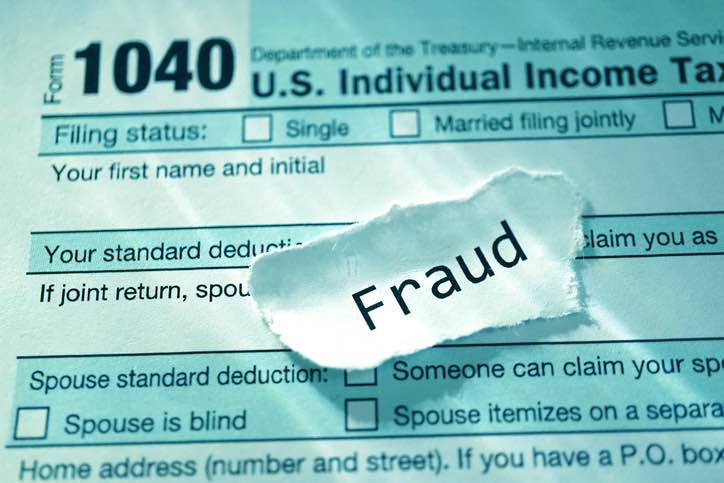- Misclassifying employees as independent contractors;
- Laundering money in off-shore accounts;
- Concealing income or assets in foreign corporations or foreign or domestic trusts;
- Shifting revenue to a foreign subsidiary to pay a lower tax rate;
- Maintaining two sets of books;
- Improperly claiming the Research Credit – created as an incentive for private industry to invest in research, to qualify for the credit, a business’s research activities must involve a process of experimentation using science with a goal of improving a product or process the business uses or holds for sale, lease, or license;
- Improperly claiming the Fuel Tax credit – as a credit on off-highway business or farming use of fuel, this is not available to most business, though it’s a commonly-claimed business credit;
- Inflating charitable donations;
- Manipulating income that should be reported on a corporate tax return and instead applying it to a personal tax return;
- Using withheld taxes from employee paychecks for personal use, rather than paying the withheld taxes over to the IRS;
- Creating extraneous corporations to conceal a business’s actual owner;
- Extensively using cash transactions to underreport income, or otherwise underreporting income; or
- Claiming personal expenses as having been for a corporation’s business purposes.
Click here to learn more about protections for tax whistleblowers and the IRS whistleblower reward program. If you have suffered retaliation for whistleblowing, call our whistleblower lawyers today at 202-262-8959.
Tax Fraud Whistleblower Protection Lawyers









